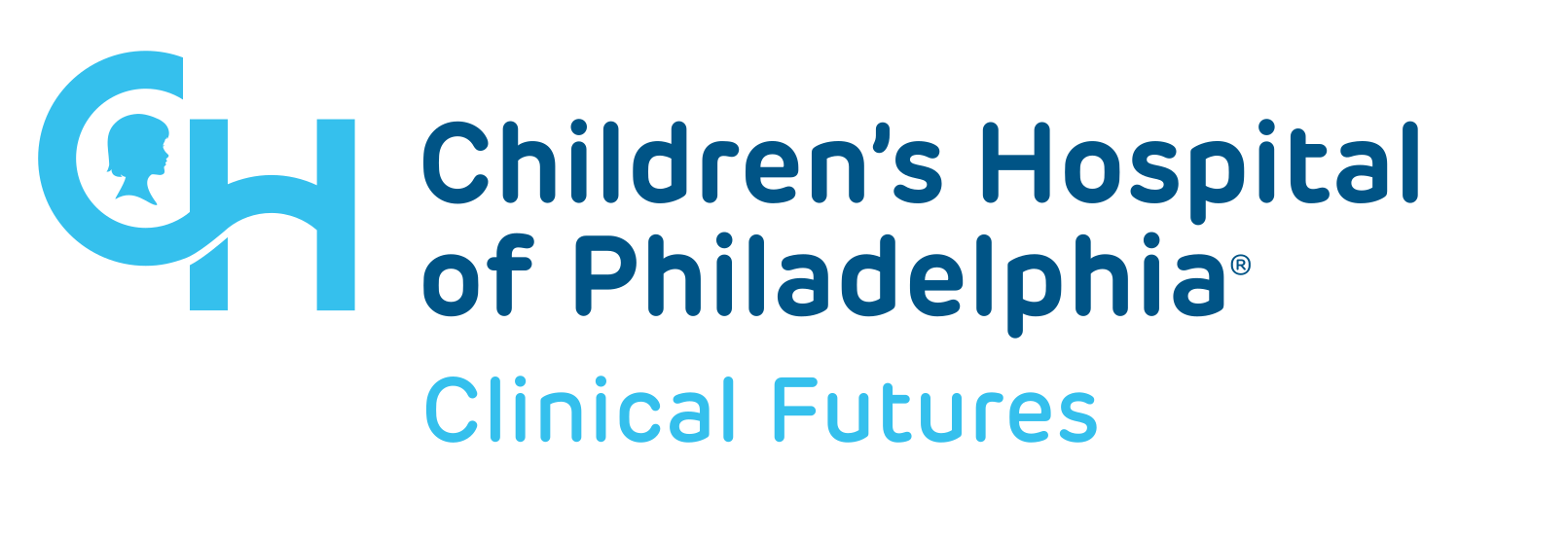Children and adolescents are not small adults, and their bodies' physiology and chemistry react very differently to illness and disease. Thus, pediatric clinical trials are critical to developing treatments, cures, and best practices for childhood disease and illnesses. Clinical trials typically test a specific intervention-- which may include a drug, medical device, or procedure-- following a research protocol developed by an investigator.
Since our founding in 1855, The Children’s Hospital of Philadelphia (CHOP) has been a pioneer in the conduct of pediatric clinical trials. While children are often treated based on what is known to work in adults, Clinical Futures researchers conduct pediatric clinical trials to create an evidence base for treatment protocols that are safe and effective for children.
Clinical trials range in scope from small pilot studies to extensive multi-site studies which may, for example, compare the effect of a new drug with a placebo or another drug. Clinical Futures clinical trials strive to advance clinical trials methodology, particularly concerning pediatric trials and stakeholder engagement.
Clinical Futures Projects Involving Clinical Trials Methodology:
BACK-OFF JSpA
The BACK-OFF JSpA study is a randomized pragmatic trial taking place at 21 Children's Hospital sites across the nation. Children living with Juvenile spondyloarthritis (JSpA) are often treated with tumor necrosis factor inhibitors (TNFi), a medication that enables patients to reach ‘quiet disease,’ a period when they no longer exhibit symptoms. This study investigates different TNFi de-escalation strategies for children who have sustained asymptomatic disease. The goal of the study is to help answer the questions that many physicians, patients, and families have about stopping medication and the risks involved.
Faculty Contributor: Pamela Weiss, MD, MSCE
The PUSH Study
The Prevention of Urinary Stones with Hydration (PUSH) study is a randomized clinical trial testing the effect of a strategy to help patients with kidney stones maintain a high enough fluid intake to prevent stone recurrence. In this randomized clinical trial, researchers are investigating the impact of increased fluid intake and increased urine output on the recurrence rate of urinary stone disease (USD) in adults and children.
Faculty Contributor: Gregory Tasian, MD, MSCE
SCOUT-CAP
This multi-center clinical trial compared short course (5 days) vs. standard course (10 days) of antibiotic therapy for treatment of community acquired pneumonia (CAP) in children. The short course resulted in similar clinical response and antibiotic-associated adverse effects, while reducing antibiotic exposure and resistance.
Faculty Contributors: Jeffrey Gerber, MD, PhD, MSCE
The TSC Study | ETUDES Center
In the Transdiagnostic Sleep and Circadian Intervention (TSC) study, researchers will optimize acceptability, engagement, and scalability of a modularized intervention that targets a range of sleep and circadian difficulties using evidence-based principles—the Transdiagnostic Sleep and Circadian Intervention (TSC)—for youth at-risk for STBs, including Black youth, among whom mental health services are more stigmatized.
Faculty Contributor: Ariel Williamson, PhD, DBSM
iChart Study| ETUDES Center
iChart is a randomized control trial, which includes a computer-based assessment of specific mental health risks and treatment preferences, a safety planning smartphone app, and a text-messaging intervention to encourage teens to utilize the safety planning app and engage in treatment.
Faculty Contributor: Stephanie K. Doupnik, MD, MS































